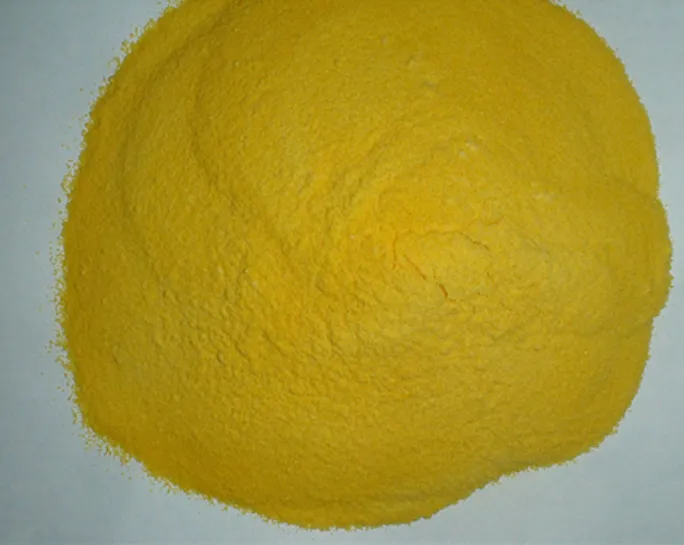What is the Scientific Basis for Treating Sewage?
Sewage treatment is a crucial process in maintaining public health and environmental safety. It involves the removal of contaminants from wastewater to produce effluent that is safe for discharge or further use. Understanding the scientific basis for treating sewage can help us appreciate the sophisticated methods used to ensure clean water. This article explores the key scientific principles and techniques, focusing on the role of flocculant water treatment, flocculant chemicals, and floc water treatment in the process.
The Role of Flocculant Water Treatment in Sewage Processing
Flocculant water treatment is a fundamental technique used in the primary stage of sewage treatment. This process involves the addition of flocculants to wastewater to facilitate the aggregation of small particles into larger clusters called flocs. These flocs are then easier to separate from the water through sedimentation or filtration. Flocculant water treatment enhances the efficiency of subsequent treatment stages by significantly reducing the amount of suspended solids in the wastewater. This process is crucial for improving the clarity of the water and ensuring that harmful contaminants are effectively removed before further treatment.
Understanding Flocculant Chemicals and Their Function
Flocculant chemicals are specialized agents used to aid in the coagulation and flocculation processes. These chemicals work by neutralizing the charges on suspended particles, allowing them to clump together and form larger, more easily removable aggregates. The choice of flocculant chemicals depends on the specific characteristics of the sewage being treated, such as its chemical composition and the types of contaminants present. By selecting the appropriate flocculant chemicals, treatment facilities can optimize the efficiency of the flocculation process and enhance the overall quality of the treated effluent.
The Science Behind Floc Water Treatment Techniques
Floc water treatment is an advanced method that builds upon the principles of flocculation to address complex sewage treatment challenges. This technique involves the precise application of flocculants and flocculant chemicals to achieve optimal floc formation and removal. The science behind floc water treatment lies in understanding the interactions between various chemical agents and suspended particles in the sewage. By carefully controlling factors such as dosage, pH, and mixing conditions, treatment plants can ensure that the flocculation process is highly effective, leading to improved water quality and reduced environmental impact.
Benefits of Flocculant Water Treatment in Sewage Management
The use of flocculant water treatment offers several benefits in sewage management. One of the primary advantages is the significant reduction in the volume of sludge produced, which decreases the overall cost of disposal. Additionally, flocculant water treatment enhances the efficiency of other treatment processes by pre-treating the water to remove coarse particles and organic matter. This results in improved performance of secondary and tertiary treatment stages, leading to cleaner effluent and better compliance with environmental regulations. The application of flocculant water treatment is thus an essential component of modern sewage treatment systems.
Implementing Effective Floc Water Treatment Strategies
To implement effective floc water treatment strategies, it is crucial to consider several factors, including the selection of appropriate flocculant chemicals, the optimization of dosage, and the control of process conditions. Regular monitoring and adjustment of these parameters ensure that the flocculation process remains efficient and that the treated sewage meets the required quality standards. Investing in advanced flocculation technologies and expertise can further enhance the effectiveness of floc water treatment, leading to better outcomes for both wastewater treatment facilities and the environment.
By leveraging these advanced technologies and strategies, we can achieve more efficient and effective sewage treatment, contributing to a cleaner and safer environment.Please feel free to contact us if necessary.

-
Understanding Polycarboxylic Acids: Properties, Applications, and Future PotentialNewsJul.28,2025
-
Scale Inhibitor Explained: How to Protect Your System from Limescale and Hard Water DamageNewsJul.28,2025
-
Scale and Corrosion Inhibitors: Essential Chemicals for Industrial Water System ProtectionNewsJul.28,2025
-
Polyaspartic Acid: A Biodegradable Polymer for Sustainable ChemistryNewsJul.28,2025
-
Isothiazolinones: A Versatile Antimicrobial Class with Industrial Power and Regulatory ChallengesNewsJul.28,2025
-
A Deep Dive into 2-Phosphonobutane-1,2,4-Tricarboxylic Acid (PBTC)NewsJul.28,2025





